Welcome to issue 87 of the Call to Comms!
The TSF team is delighted to count you among our followers and wishes you a happy new year!
This week, we focus on the Global Humanitarian Overview (GHO), a snapshot of the state of global humanitarian needs provided by the United Nations Office for the Coordination of Humanitarian Affairs (UNOCHA). The 2025 edition paints a stark picture: humanitarian needs are growing at an unprecedented rate, driven by conflict, climate emergencies, and economic instability. For TSF, this report reasserts the importance to support people in crises through connectivity, access to information and digital inclusion, and responsible use of technology.
Also today: response to cyclone Chido in Mayotte and a researcher’s insight on how people on the move in Latin America access information and face misinformation online.
Key Takeaways from the GHO 2025
- Unprecedented Scale of Need: In 2025, a record 305 million people will require humanitarian assistance and protection worldwide, a significant increase compared to previous years.
- Three Critical Drivers: Conflict, the climate crisis, and global economic pressures continue to amplify vulnerabilities, creating cascading humanitarian challenges.
- Funding Gap: Despite rising needs, the humanitarian sector is grappling with significant funding shortfalls. Less than one-third of the resources required for 2024 were met, and projections for 2025 reveal a similar gap.
Behind every figure in this report lies a human being. This exercise is not about theory or trends: it's about lives.
Challenges Driving the Crisis
- Conflict: Violence and instability are displacing millions, disrupting livelihoods, and putting entire communities at risk. The GHO highlights that nearly 1 in 5 children worldwide live in areas affected by conflict, a sobering statistic that underscores the human toll of violence.
- Climate Change: As 2025 is poised to become the hottest year on record, climate-related disasters like droughts, hurricanes, and floods are intensifying. Vulnerable communities in fragile ecosystems bear the brunt of these events, with displacement and food insecurity becoming more prevalent.
- Economic Strain: Rising costs of living, inflation, and debt burdens in low-income countries are pushing more families into extreme poverty, further deepening humanitarian needs.
In the absence of meaningful action to end and prevent conflicts and halt global warming, people are facing increasingly prolonged crises.
To learn more, you can access the report on this link.
Response to Cyclone Chido in Mayotte
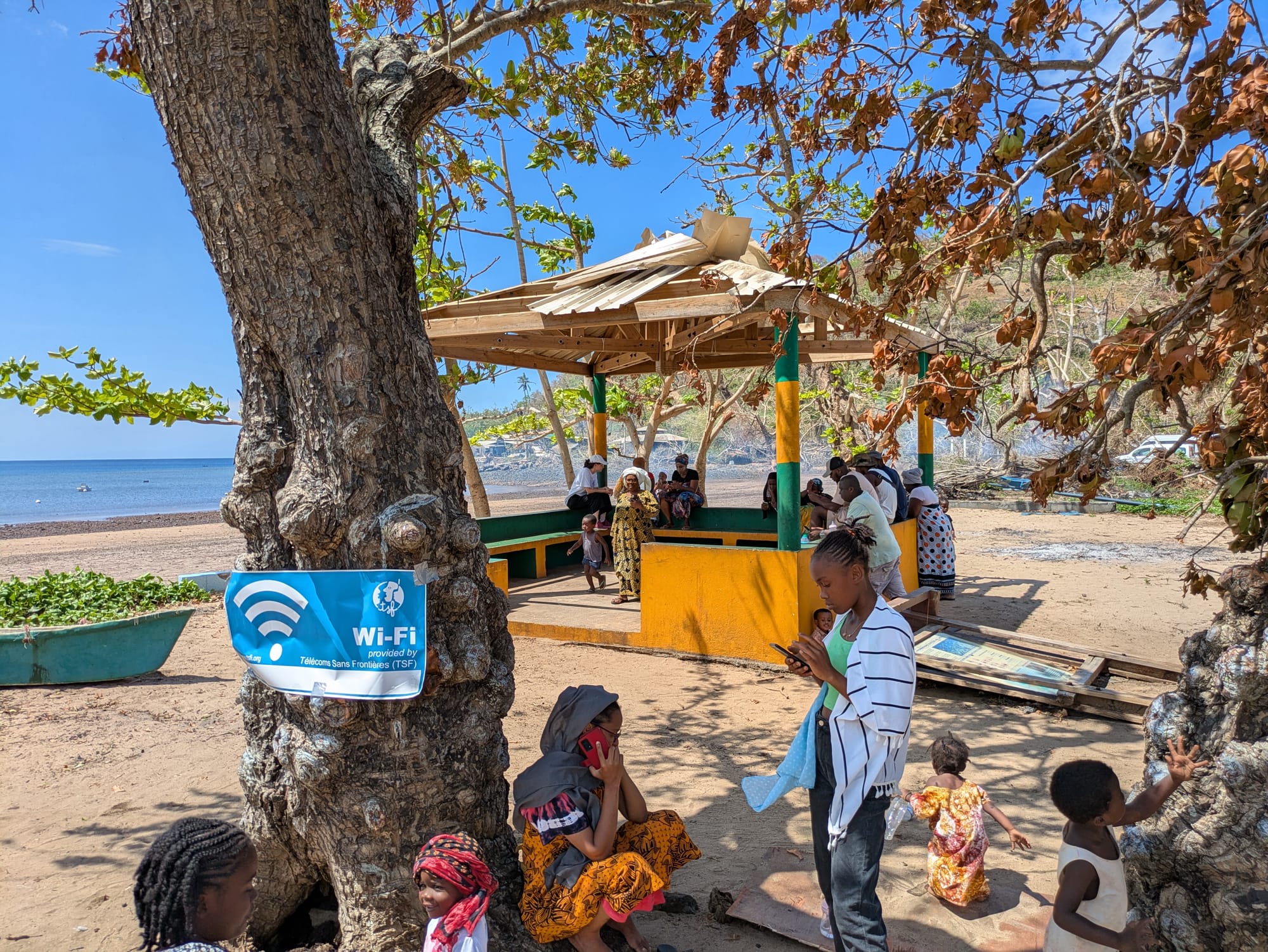
Mayotte island was on the path of cyclone Chido mid December. All sectors were severely affected including telecoms. A team of TSF deployed there to provide essential communications and reconnect affected people with their loved ones.
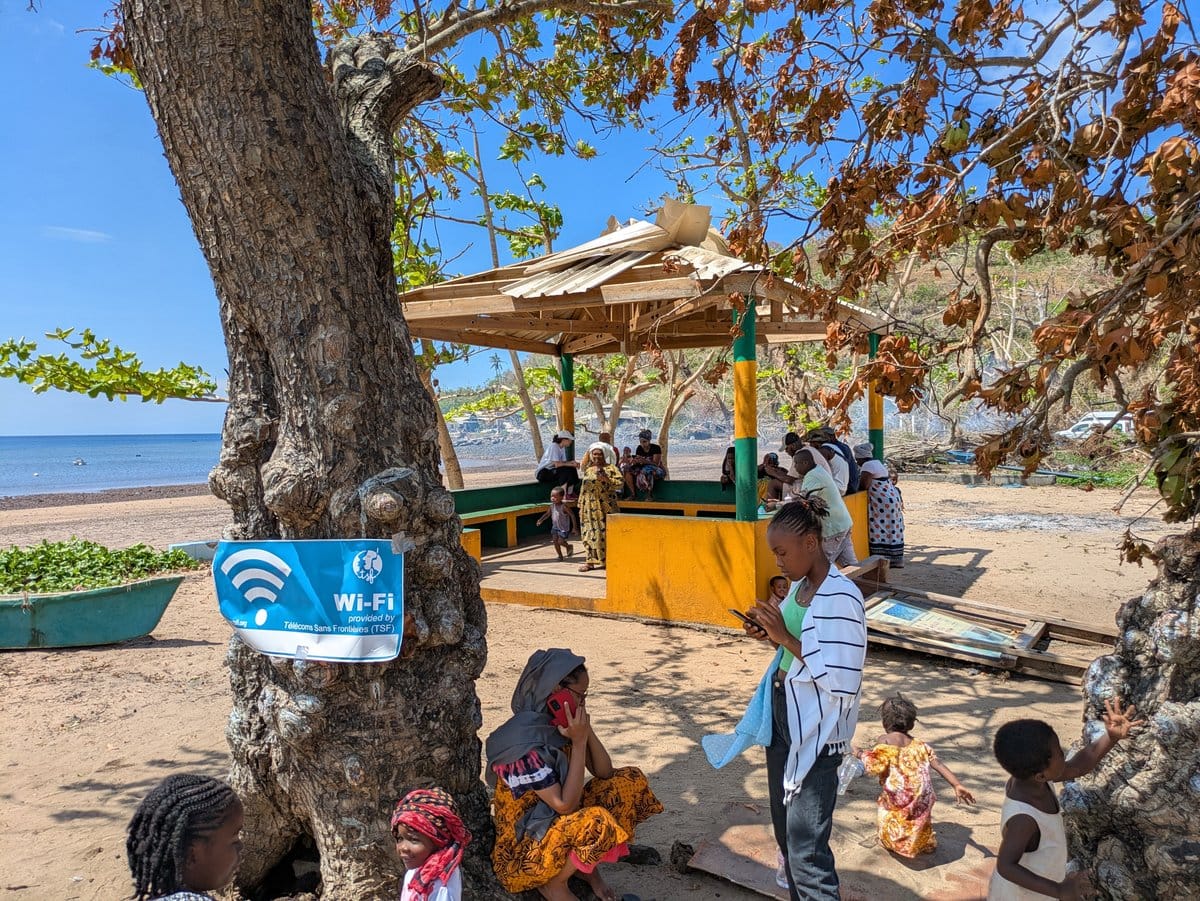
In case you missed it: Meet Ximena Canal, researcher working on Social Media and People in the move in Latin America
A few months ago, we had the pleasure to interview Ximena Canal Laiton, researcher at the Mixed Migration Centre. We talked about how people on the move in Latin America access information and face misinformation online, topics that resonate with our project in Latin America to display essential information in shelters for migrants and asylum seekers.

See you in two weeks!
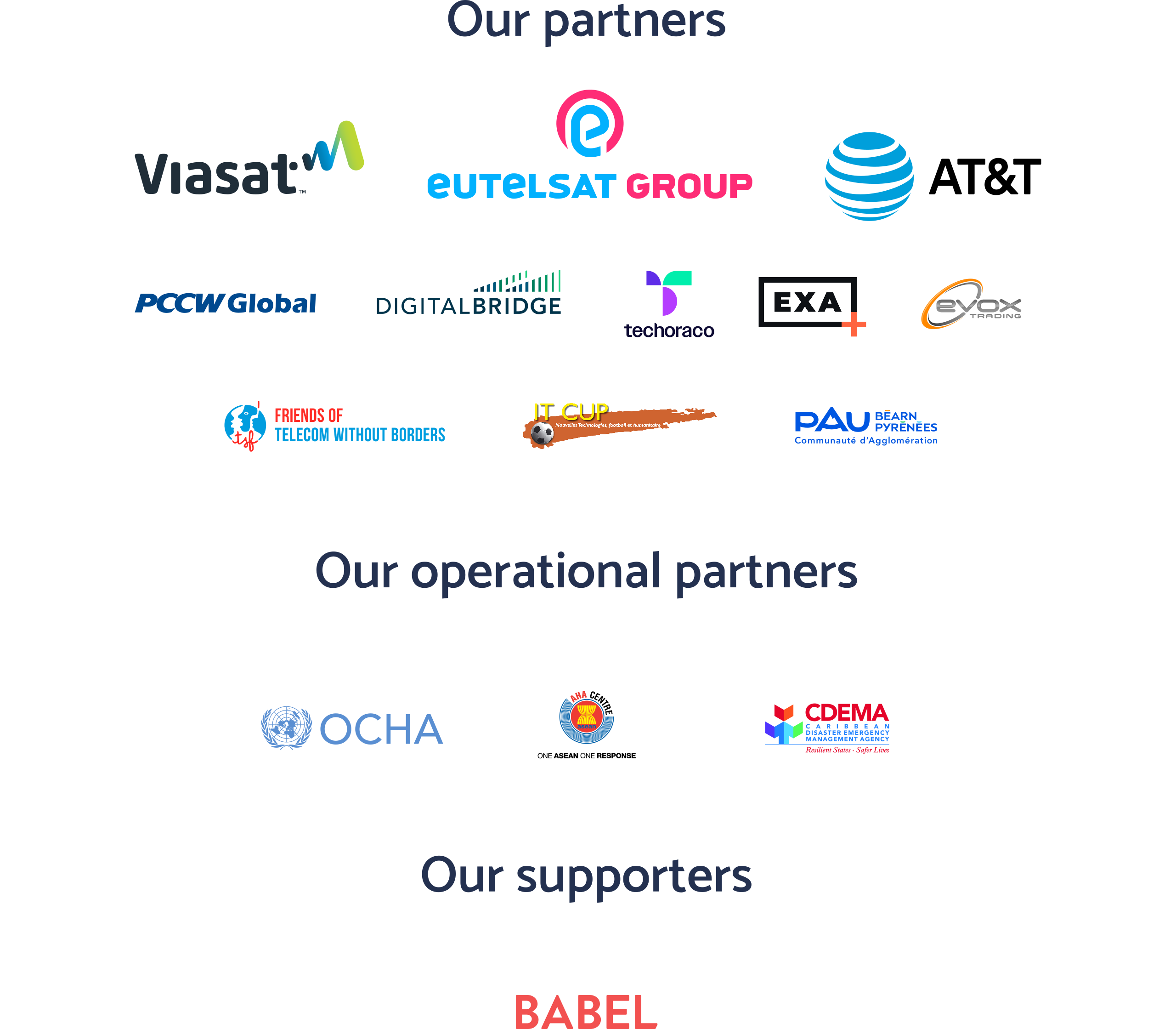





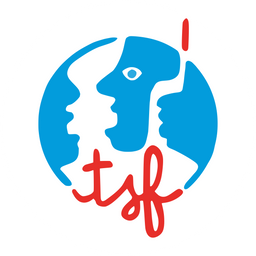

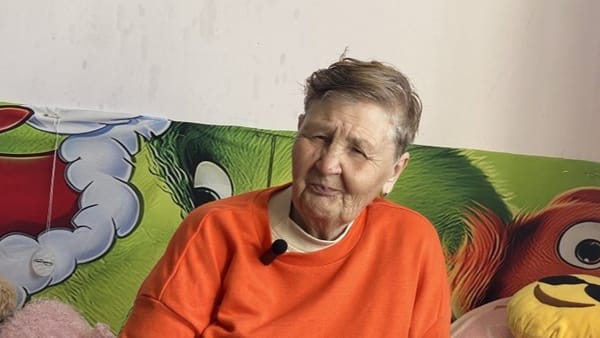
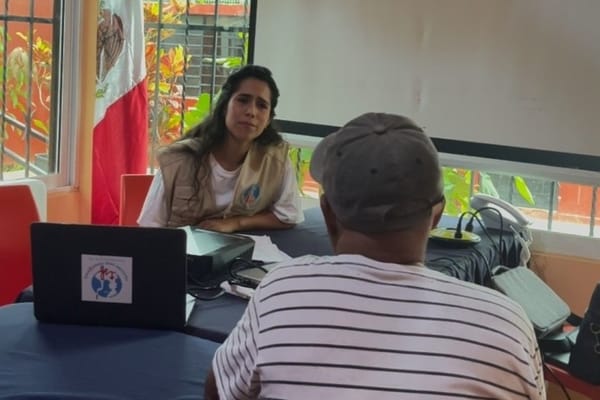

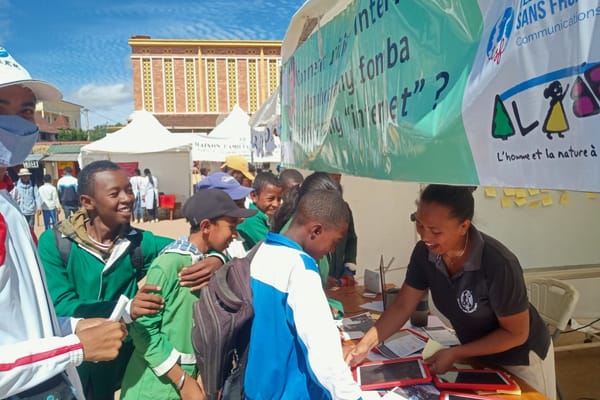
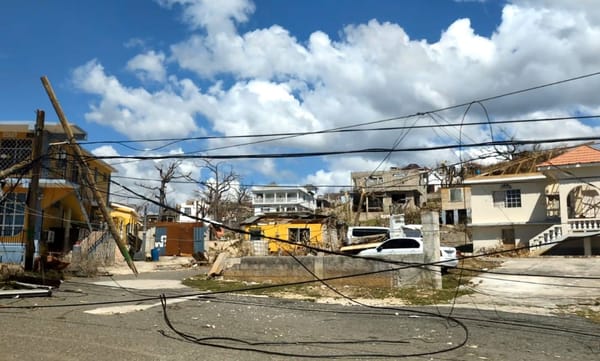
Member discussion